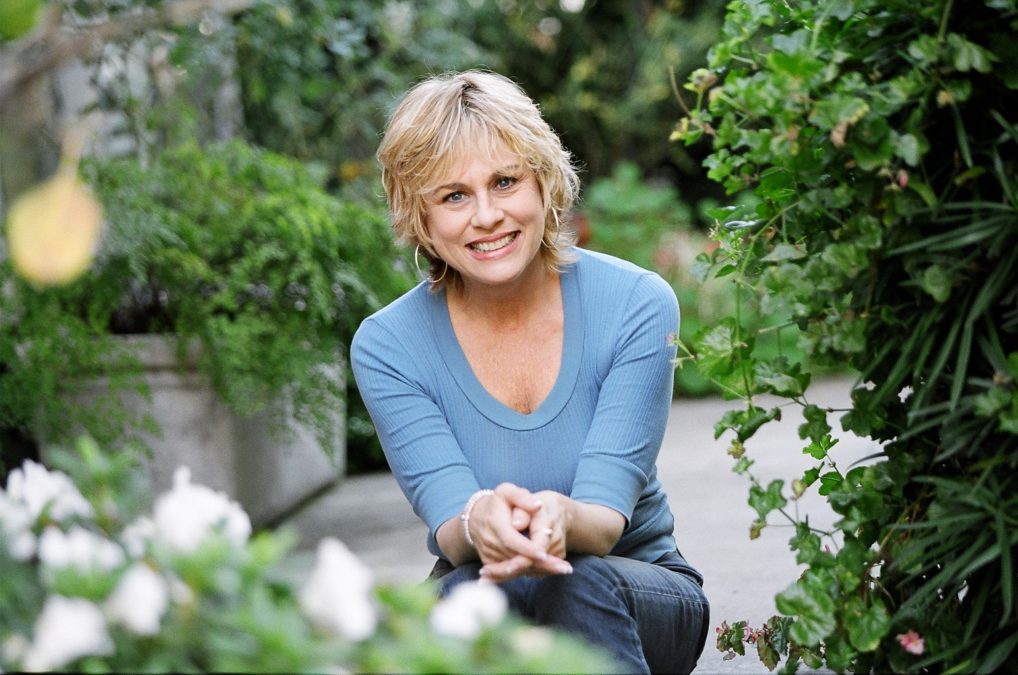MY WEEKLY BLOG
Listen Up
Being with a good listener is a rare and wonderful thing. It’s gratifying and comforting when someone really listens to you. You feel satisfied, heard, supported and understood. On the other hand, it feels not so good when the other person is so busy composing the next thing he or she wants to say, they don’t hear you at all. They’re distracted and you can tell they aren’t listening or maybe they just don’t care.
I have a cousin who talks so fast and furiously, she literally chokes herself. There are no pauses in her discourse, I can’t get a word in and I feel like I have to fight with her for room to talk. I recall a dinner with her one night when I found myself spacing out to such a degree, when I got back to the present moment, I had no idea what she was talking about or how long I’d been gone. When dinner was over, I was exhausted and I stepped back from the relationship. If I had to disappear when someone was speaking, if I felt isolated and distant, if being with someone else was less interesting than being alone, there was no good reason for me to waste my precious time.
I remember a party when I was telling an acquaintance asked me about how much I enjoyed my writing career. As I spoke, he got a far away look on his face and when I was finished, he said, “So tell me about your writing. I started writing a book once. Maybe I should finish it. It was pretty good, at least that’s what my friends told me and I think they were right.” I was having a dialogue but he was having a monologue with no room for me. I went to find someone else to talk to.
Back in the nineteen eighties, I volunteered at Chris Brownlie AIDS hospice where there were 26 beds and 26 dying men. It was before
the life saving cocktail and I went from room to room to sit with each resident to see what he needed and wanted. There was someone in particular whom I will never forget. I checked his records and learned that he had bone cancer and AIDS. How could anyone deal with that? I hesitated at his open door. “Hello,” I said, “May I come in?” He gazed at me calmly and said, “Yes. Please do.”
I sat in the chair beside his bed, he put out his hand, I took it, and he said. “Too many volunteers just barge right into my room without asking permission. When they sit with me, they start talking a blue
streak and tell me what I ought to do. I like to smoke a cigarette once in a while and yesterday, a volunteer scolded me about how dangerous it was and how I needed to stop. I sent him away. I don’t have very long in this world and I don’t intend to spend my last days in depravation. There’s nothing anyone can say or do that will fix or change my situation. All I want is for someone to look at me and listen to me. To really hear me. To respect my space, both
physically and emotionally.”
This was volunteer training 101. When I left his room, I had said very little and I had gained a vast amount of knowledge. I carried on with
my volunteer work over the next few years and it became easier because I knew what to do. I sat and I listened “Is there something I can do for you?” was one of the only questions I asked. One man said that he wanted to make sure someone was holding his hand when he died. I told the other volunteers, we took shifts and he got what he wanted. Another wanted to take a shower every day and a male volunteer helped him do that. One of the residents had his Cuban mother visit and she invited me to his room for sandwiches Cubano and Arroz y Frijoles Negros.
When we have a difficult or confusing choice to make, we often want to run it by someone but we don’t want them to tell us what to do. We want them to listen and become a sounding board that will shed light on our situation so we can decide what would be best for us. If someone barges in with an unsolicited opinion, it will only cause us to become defensive and we won’t trust our vulnerability with them any more. I make it a habit to refrain from giving my opinion unless someone asks for it directly. Even then, I have no attachment to whether not they do what I suggest. My hospice days taught me
that allowing people their dignity, no matter what I think about their choices, is the best way to listen and support them as we all maneuver an uncertain world in the best of times and in the worst.


Recent Comments